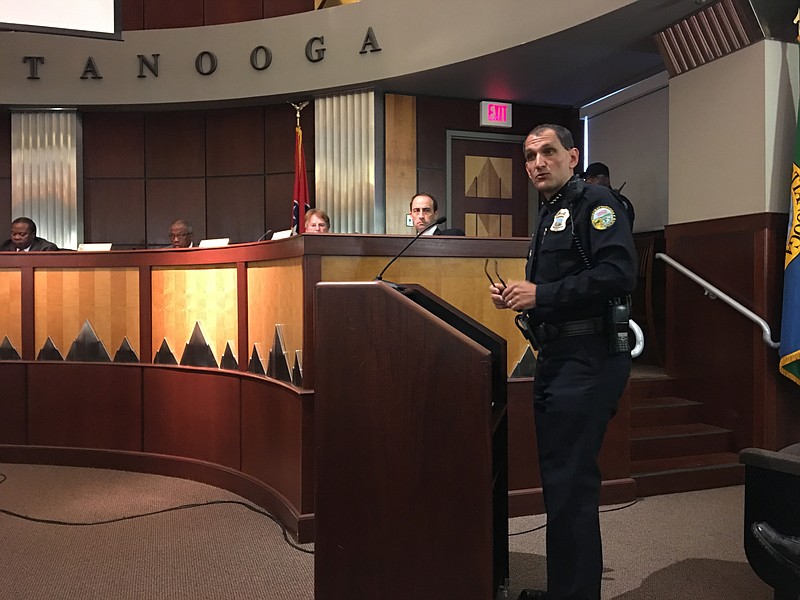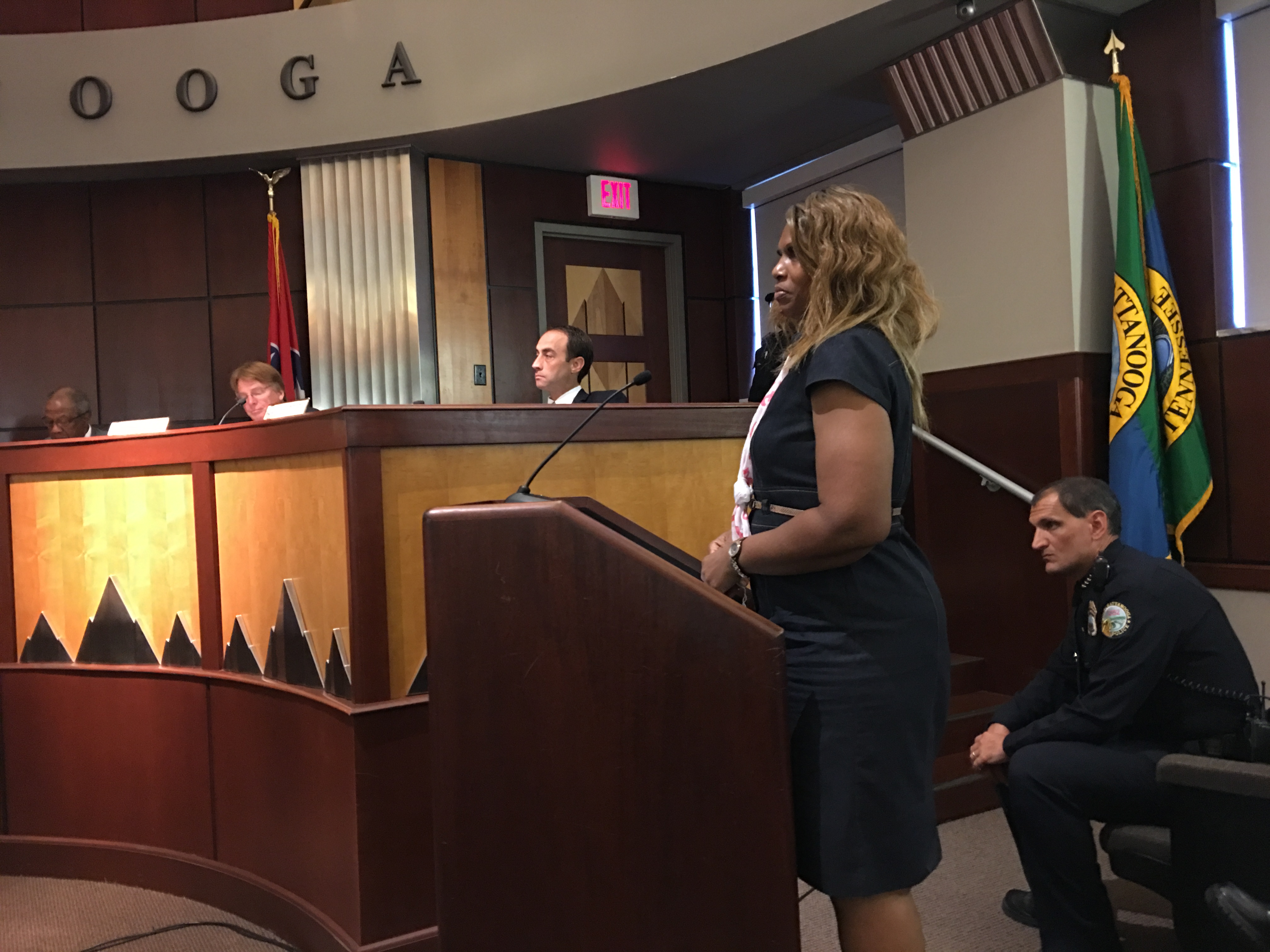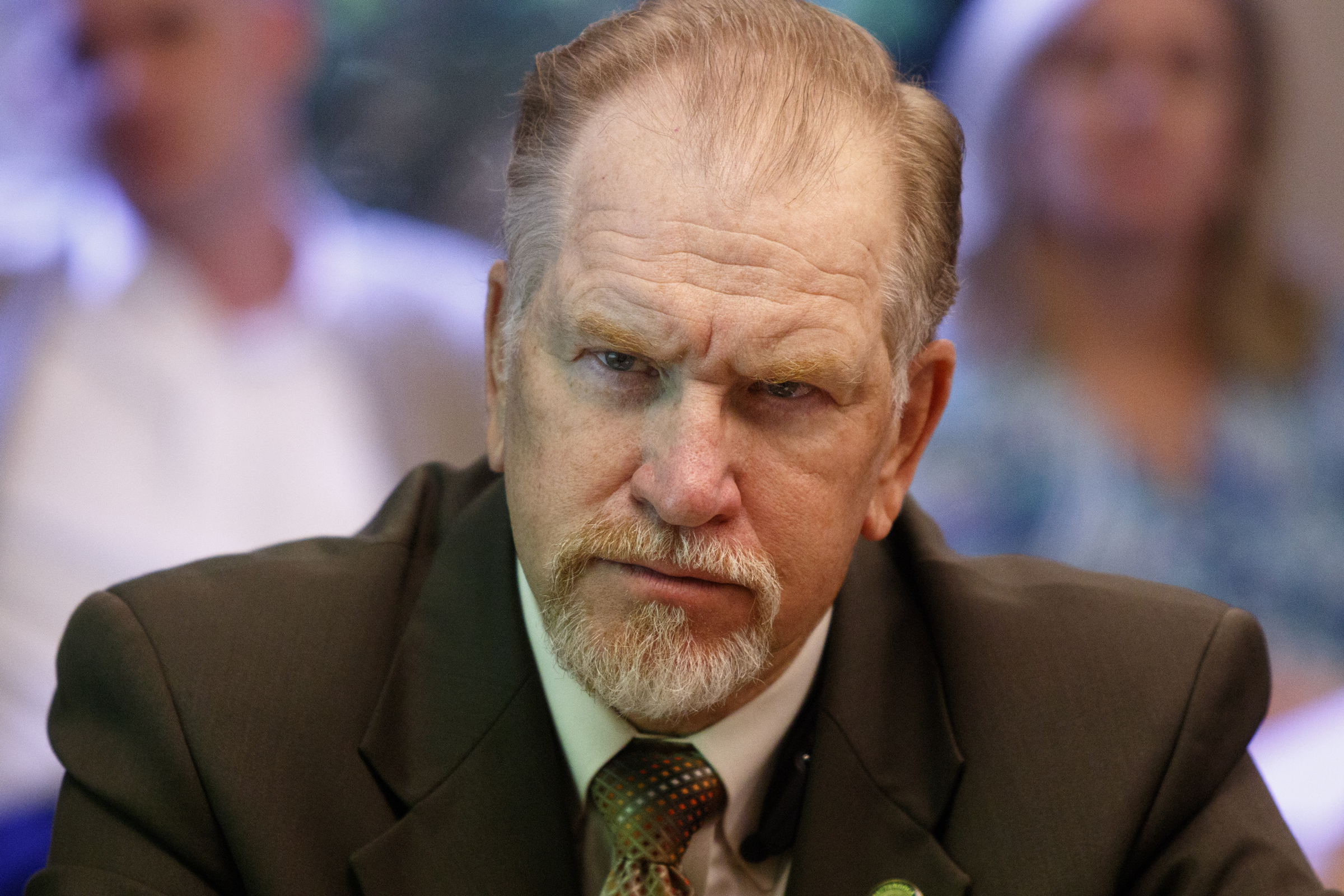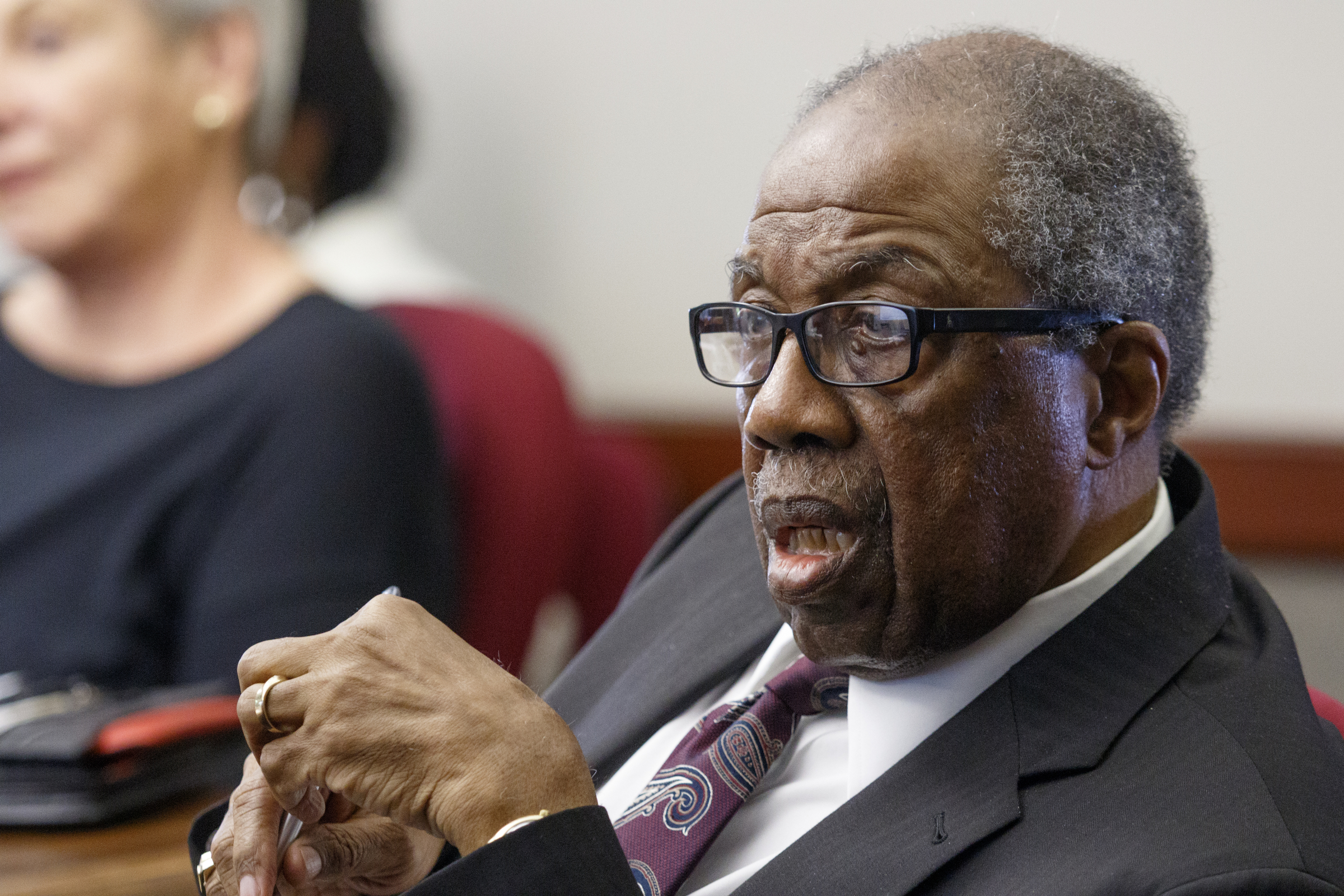Chattanooga may continue its partnership with Father to the Fatherless, which has long provided social services for the Violence Reduction Initiative, the city's gang deterrence program.
VRI offers gang members two options: Stop the shooting or face tough consequences.
The agency, which began as an initiative of Hope for the Inner City, offers case management, court advocacy, mentoring and job placement services for gang members who want to leave the gang life. Hope for the Inner City, through Father to the Fatherless, has provided these services at a cost of $290,000 a year since 2014. Father to the Fatherless proposes to do the job for $230,000.
On Tuesday, several council members questioned Chattanooga police Chief Fred Fletcher and April Boozer, director of Father to the Fatherless, on how to measure the program's success.
"None of us are happy with the results that we have seen with gang violence here in Chattanooga, but we believe we know what the right thing to do is," Fletcher said. "We believe we know the right way to do things."
Councilman Larry Grohn, who has repeatedly stated he has not received enough information to figure out if the program has achieved success, asked to see the agency's database so as "to actually even determine if what we're trying to do with all these funds is even working" and whether the council should support it.
Council Chairman Moses Freeman challenged the need to have "someone plowing through the database" to see what they think matters. What matters is lives saved, he said.
Councilwoman Carol Berz asked Boozer how the agency would report to the city and how that information could impact potential city funding for agencies partnered with Father to the Fatherless.
"We're still in the process of... working on that, as far as collecting the data and knowing exactly where to put it at," Boozer said.
Berz said she understands the agency metrics focus on services provided, not on whether its efforts saved someone or not.
"I think I've heard subjective objectives, if you will, and it's all good, and I know we can't totally measure outcomes," Berz said.
The agency now monitors 54 active cases and has provided 1,972 services among 667 individuals, cumulatively, Fletcher said. Nearly 500 group members have been offered job opportunities since the program started, he said.
"At the end of the day, success is measured by which group members stop the violence," Fletcher said.
The City Council votes on the Father to the Fatherless proposal on Oct. 11.
Contact staff writer Paul Leach at 423-757-6481 or pleach@times freepress.com. Follow on him Twitter @pleach_tfp.




